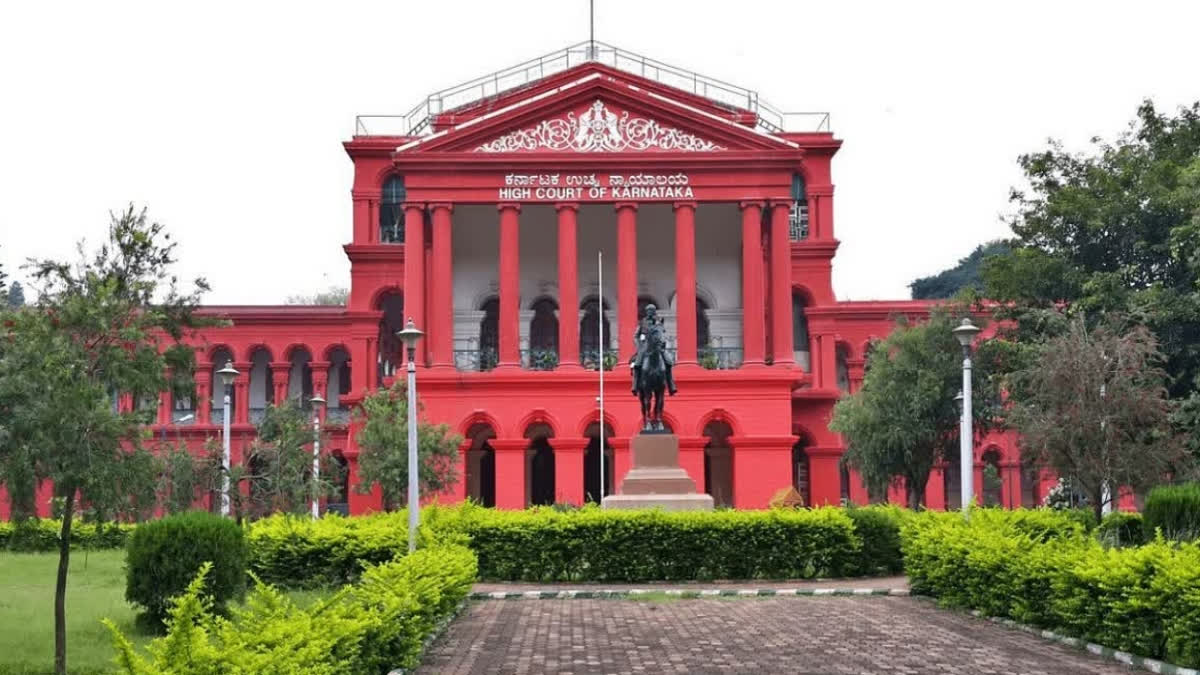Bengaluru: Marriage does not do away with the procedural rights of a person to divulge his personal information, a Division Bench of the High Court has said.
Setting aside the order of a single judge, the Division Bench comprising Justice Sunil Dutt Yadav and Justice Vijaykumar A Patil, said the procedure under Section 33 of the Aadhaar Act has to be followed even if the person seeking information is the wife.
As per Section 33(1), the power of passing an order to divulge the information is conferred on a Court not inferior to that of a Judge of the High Court. But the HC noted that the single judge order had directed an authority lower than that to divulge the details.
The "learned Single Judge has grossly erred in directing the Assistant Director General, Central Public Information Officer (UIDAI) to issue notice to a person whose information sought to be divulged and to decide whether such information is to be divulged. It is a settled principle that, if the Act provides that a particular act is to be made in a particular manner, it should be done in such manner or not at all," the Division Bench said.
The woman, from Hubballi in north Karnataka, has sought information on the address of her husband mentioned in his Aadhaar card from the Public Information Officer (UIDAI). She was trying to enforce a family court order against the husband directing him to pay maintenance to her.
But he was missing. The officer replied that an HC order was necessary to divulge the details after which she approached the single bench. The single bench order was challenged by the Central Public Information Officer (UIDAI).
Citing the Supreme Court in the K S Puttaswamy case, the Division Bench said, "The right to privacy of Aadhaar number holder preserves the autonomy of the individual's right to privacy which is conferred primacy and admits of no exception under the statutory scheme.
The relationship by marriage which is a union of two partners does not eclipse the right to privacy which is the right of an individual and the autonomy of such individual's right stands recognised and protected by the procedure of hearing contemplated under Section 33. The marriage by itself does not do away with the procedural right of hearing conferred under Section 33 of Aadhaar Act."
The Division Bench also noted that the husband has not been made a party before the single bench. It remitted the matter back to the single bench and said, "The above discussion would clearly lead to a conclusion that a person whose information is to be divulged is to be arrayed as respondent to the proceedings before the learned Single Judge. Accordingly, we remit the matter to the learned Single Judge, wherein the husband of the petitioner is to be arrayed as respondent. An undertaking is made by the petitioner/wife that necessary amendment would be carried out to array the husband as respondent in a writ proceedings."
Also read:



